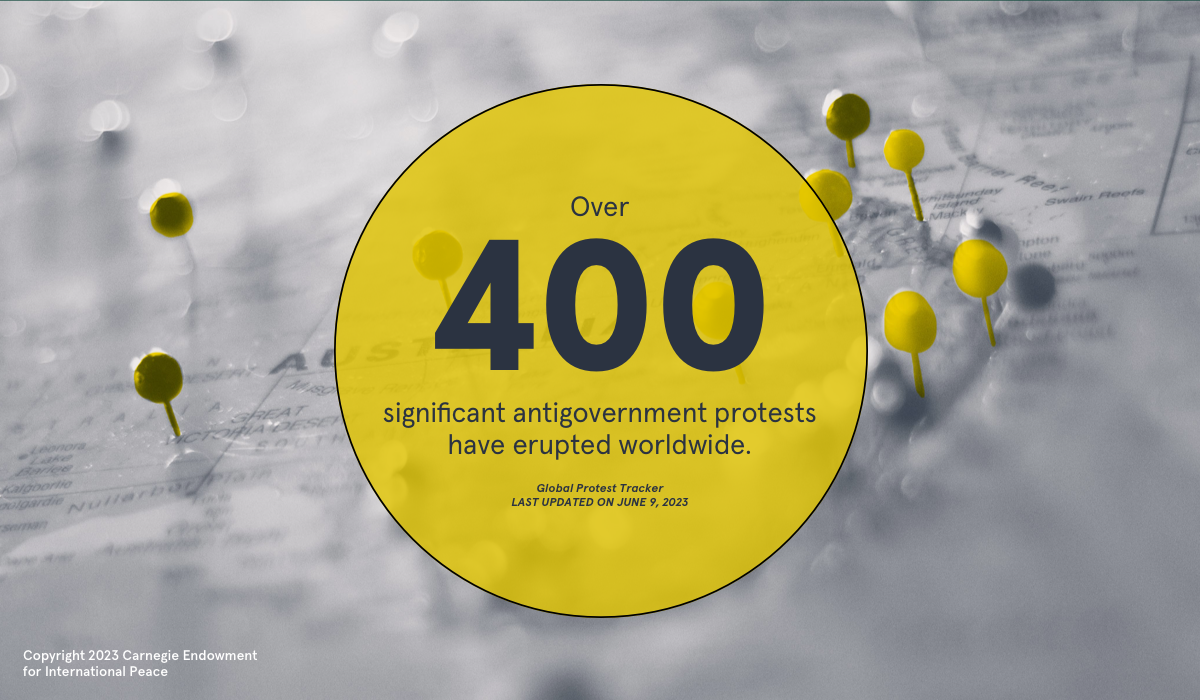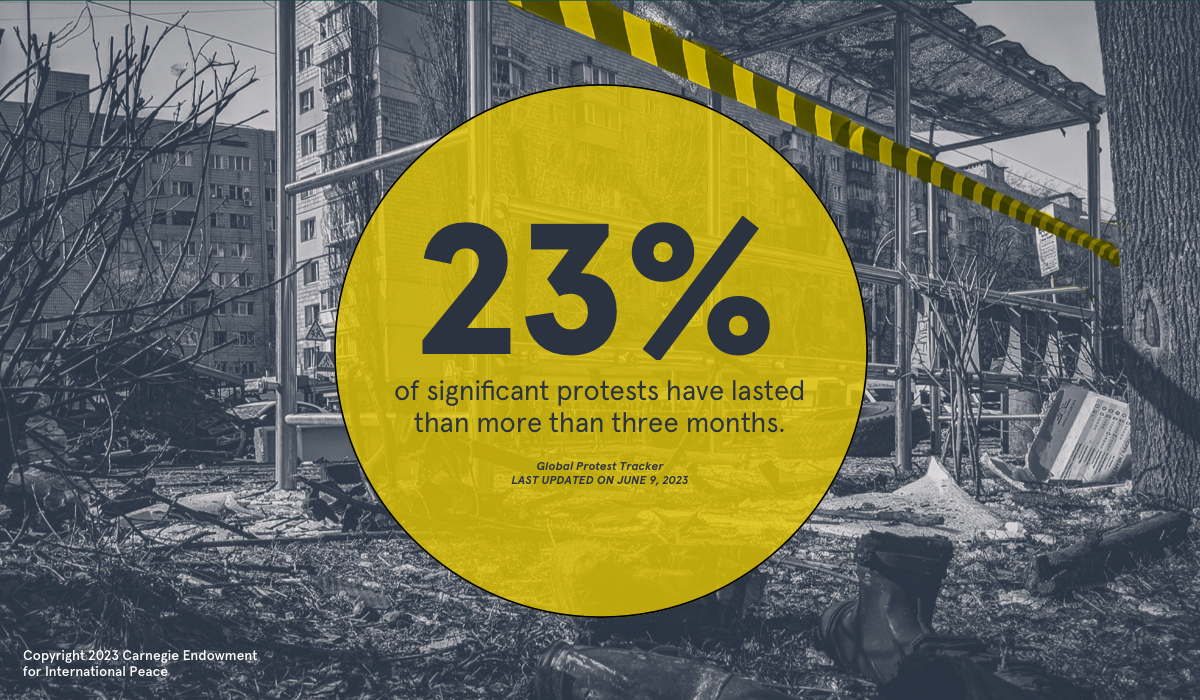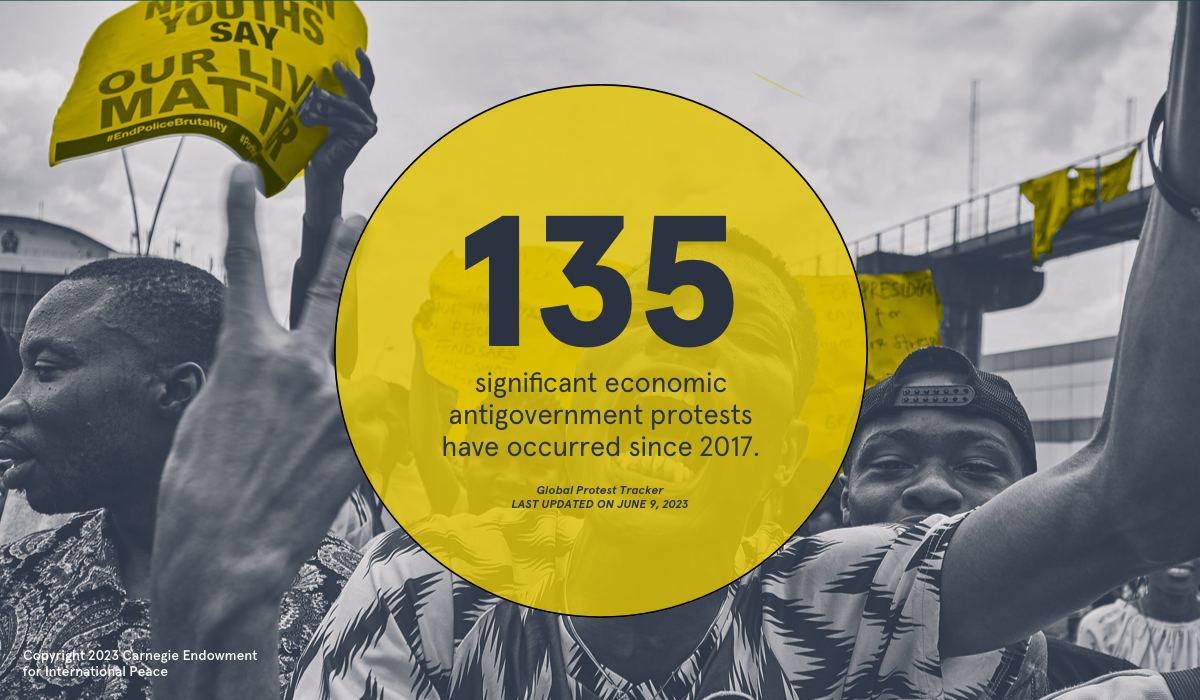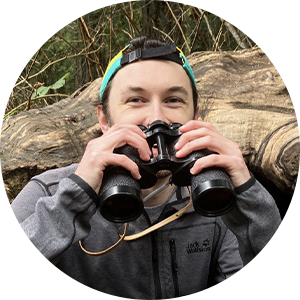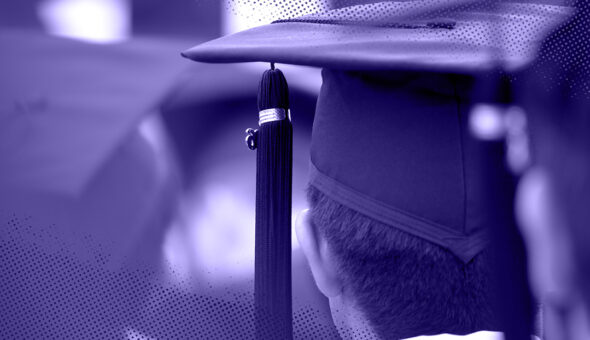Precautionary Measures
Elon did not discontinue study abroad programming during the pandemic. Instead, the university managed to keep programs running by monitoring the situation as it evolved and complying with governmental policies, such as the Executive Order on Promoting COVID-19 Safety in Domestic and International Travel, which restricted but did not halt international travel.
Elon was fortunate to have a global health and safety officer at its study abroad office, a position in which Gozik suggests any able university should invest. Global health and safety officers are responsible for assessing and creating strategies for promoting student safety abroad, according to a job listing at Michigan State University, which ranked ninth in the U.S. News and World Report listicle.
To protect student well-being effectively, these officers must monitor worldwide news coverage, train program leaders and organizers to manage student groups, and partner with other on-campus resources–such as the clinic–to ensure a network of health providers is involved in discussions of risk mitigation abroad.
“It is important to have staff who are charged with clear tasks, ensuring that there are not any gaps,” he said. However, not all institutions have the resources to hire for such a specific position, Gozik acknowledged. “Many offices are only comprised of one or two people, and thus each staff member needs to be an expert in multiple areas.”
When hiring a global health and safety officer isn’t possible, communication between students, on-campus resources and off-campus partners becomes all the more important, according to Margaret Wiedenhoeft, executive director at Kalamazoo College’s Center for International Programs. Kalamazoo ranked sixth in the U.S. News and World Report’s list of top universities for study abroad.
“I think we have seen robust student interest return, and some offices are able to hire staff to accommodate this interest,” Wiedenhoeft said in an email. “I don’t believe student safety has directly been impacted by staff cuts in international education offices, but I do think there has been more collaboration among offices both on-campus and with partners overseas. Everyone contributes to the safety of students whether on- or off-campus.”

